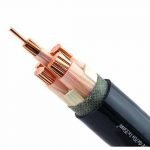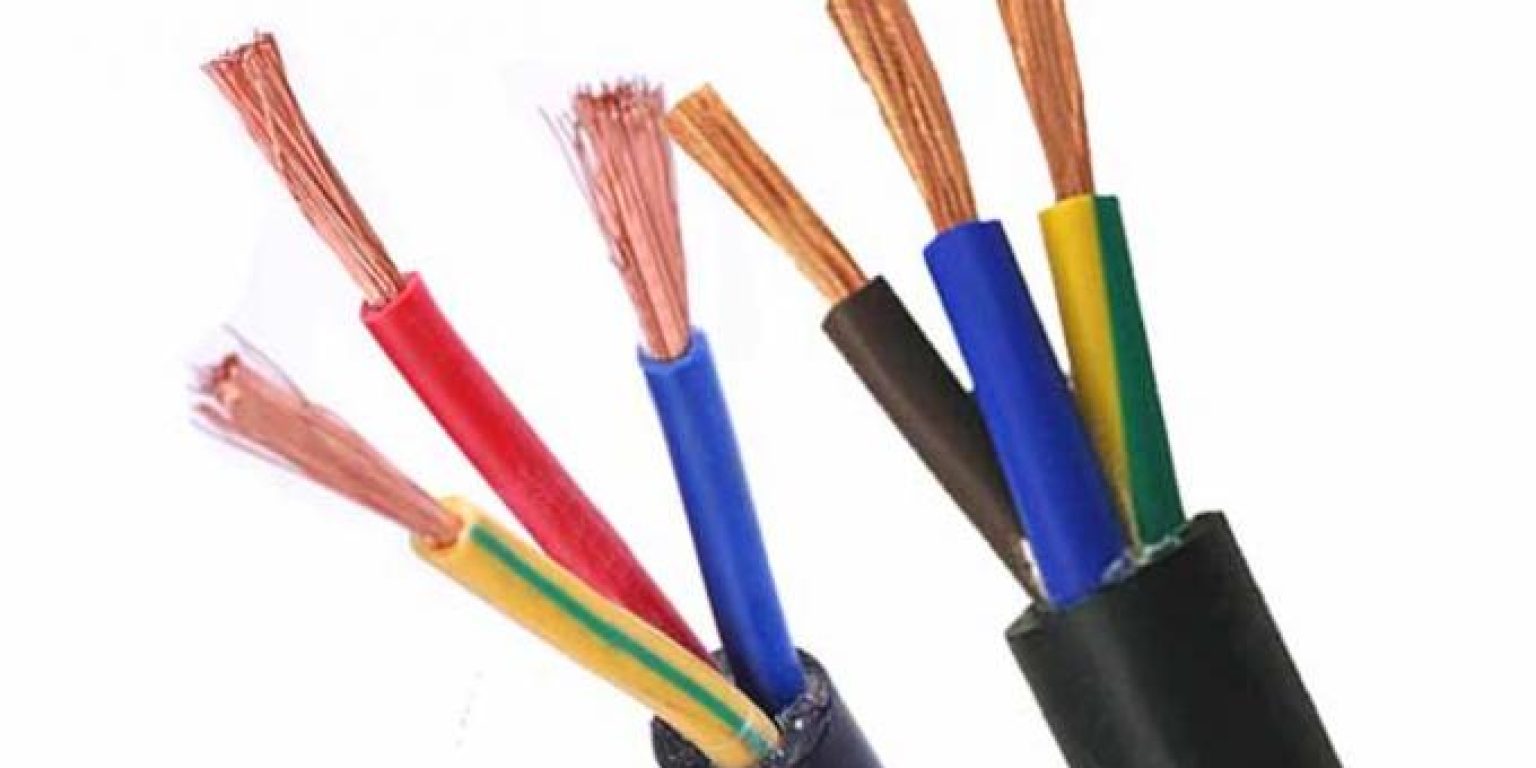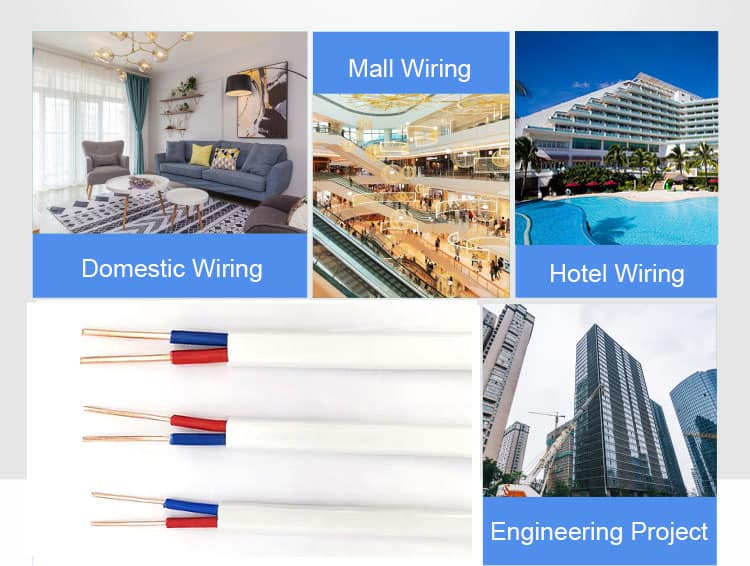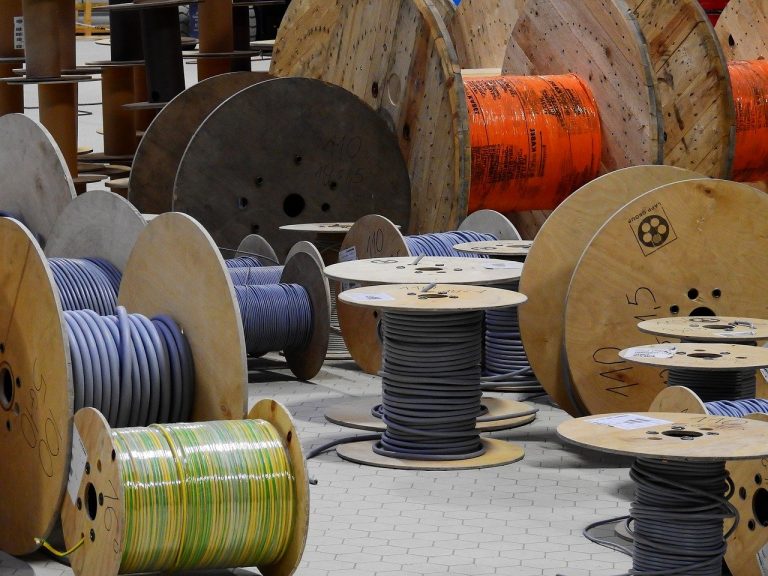PVC Cable is a term that is often used in discussions concerning electrical cables. I think it is safe to say most of us have come across this term in their communication circles. However, most people cannot differentiate between this type of cable and types of electrical wires. Yes, you’ve heard of it, but can you be able to recognize each type of PVC electrical cable and list its specific applications? Understandably, most of us have little knowledge concerning Polyvinyl Chloride (PVC) cables and wires.
Currently, countless PVC cable manufacturers actively produce different types of PVC cables daily. Consequently, the electrical cable market has flooded with a wide array of PVC-type cables. If you have decided to buy a PVC wire, you must ensure that you have all the essential information. Failure to acquire all the necessary details concerning PVC cables may result in a wrong cable or wire choice. Fortunately, by the time you finish going through this post, you will have acquired all the essential tips of choosing an appropriate PVC-type cable.
1.What is PVC Cable?
PVC is an acronym that stands for Polyvinyl Chloride. A PVC Cable essentially refers to any electrical cable whose wire insulation or cable jacket is Polyvinyl Chloride material. This type of electrical cable is currently widely used in various electrical applications because PVC has several idyllic properties. What are some of the main properties of Polyvinyl Chloride? The most remarkable properties include chemical resistance, water resistance, heat resistance, sturdiness, resilience and flexibility. PVC has been used to manufacture several electrical cables with a particular set of PVC cable specifications due to its impeccable properties.
At the moment, people use PVC wires in general home wiring, domestic applications wiring, and internal circuits wiring, among others. Nonetheless, you have to remember that different PVC coated cables suit certain specific purposes. For example, a 2.5 mm PVC cable is ideal for internal circuit wiring and socket power supply, whereas; PVC coated wire cable 4mm is ideal for high power ring mains and plugs. Justifiably, you are most likely to find it difficult to distinguish between different types of PVC cables. Thus, it is advisable to seek guidance from the electrical wire vendor when shopping for a PVC insulated cable.
2. What Is PVC Cable Used For?
PVC cables are generally known for their versatility, high tensile strength, and impeccable flexibility. Consequently, they are usable in various electrical wiring applications including, domestic appliance wiring, internal circuit wiring, and home wiring. However, it is essential to note that there several PVC-type cables. Each type of cable has its specific uses. When buying a PVC cable, you must ensure that the chosen cable type meets your particular needs. There are two types of PVC insulated cables: indoor cables and outdoor electrical cables.
If you intend to do some outdoor wiring, it would be best to go for a PVC armored cable. This type of cable can withstand various external adversities, including attacks from rodents and UV light from the sun. Unfortunately, most people tend to focus on the PVC cable price rather than its intended use. Hence, they end up buying a cheap cable intended for indoor use, yet they intend to use it for outdoor use. Frankly, this is naïve and costly in the long run since they’ll have to replace the cable regularly. It would be best if you always chose a PVC cable whose specifications meet your specific needs regardless of its price.
3. What is XLPE PVC Cable?
Most of us have often been forced to choose between XLPE and PVC insulated cables when making decisions concerning specific wiring projects. XLPE is a cross-linked polythene material often used in armored cable insulation. In most cases, you have to choose between using an XLPE cable or a PVC cable.

XLPE Cable: A Power Cable With Unlimited Electrical Applications
When your power project requires high-performance abilities, then you should consider XLPE cable as the cabling
However, certain cables are manufactured using both XLPE and PVC material. XLPE Armored PVC cable is an excellent example of an XLPE PVC cable. This cable has cross-linked polythene insulation and a PVC bedding and cable jacket.
Ideally, you should use an XLPE PVC cable if you intend to do some outdoor wiring or direct-burial wiring. The combined properties of PVC and Cross-linked Polythene (XLPE) material enable this type of cable to withstand various external adversities, including UV light and water exposure. Nevertheless, it is advisable to consider other options, such as the CU SWA PVC cable in relation to your needs. XLPE PVC cables are pretty costly. Hence, it would help if you didn’t rush to them before considering all possible options. It would be best if you consult your local PVC cable expert on such matters.
4. What are the advantages and disadvantages of PVC wire?
Any PVC power cable or wire is versatile, has high tensile strength, has good conducting power and can be joined effortlessly. That being said, it is best to tackle the issue of the advantages and disadvantages of PVC wire or cable individually. What do I mean? There are several types of PVC insulated cables that perform certain specific functions. To get a clear perspective of a particular PVC cable’s advantages and disadvantages, you have to look at it individually. For instance, the most commonly recognized advantage of PVC single core cable is its high current rating. This cannot be said about other types of PVC wires. Which type of PVC wire do you intend to buy?
Assuming that you intend to buy a PVC control cable, you wouldn’t have to worry about electrolytic or chemical corrosion. PVC cables are generally advantageous in the sense that they are chemical-resistant, heat-resistant and water-resistant. Thus, if you intend to perform electrical installations close to chemicals, water or any heat-emitting appliances, a PVC insulated power cable will come in handy.
5. Is PVC Cable UV Resistant and Waterproof?
Generally, the resistance of PVC cables to UV light is good but not excellent. Consequently, it is not advisable to use a pure PVC sheathed cable for outdoor wiring purposes. PVC is relatively resistant to UV light, but prolonged exposure to UV rays is harmful. With time the cable will lose its flexibility, and cracks will start appearing on the cable’s surface. It is always advisable to use an Outdoor-rated PVC cable for outdoor wiring. An outdoor-rated solar cable contains stabilizing compounds added to the XLPO to make it more resistant to UV light.
Are you interested in a waterproof cable? Well, PVC is primarily water-resistant, but it largely depends on how much time it stays in the water. For instance, PVC jacketed cable can come in contact with water and quickly dry out without any harm. However, if you intend to an underwater installation, you shouldn’t use an ordinary PVC cable. Given enough time, water will eat through the PVC insulation.
Last Updated on August 28, 2022 by Richard





